MERRY CHRISTMAS · 30% OFF ALL COURSES
use code xmas on checkout
201
AV LIVE with Touchdesigner
ABLETON & MODULAR SYNTHS
about the course
Master AudioVisual Live Performance with our 11-hour course on integrating TouchDesigner, Ableton Live, and Modular Synthesizers, offering in-depth knowledge of hardware and software components.
The curriculum is structured with around 60% visual topics and 40% music topics. It draws from experience in producing audiovisual performances using Ableton and modular synthesizers, as well as creating user interface environments to synchronize visual elements with real-time audio input.
Course target
60% Visuals Topics + 40% Music Topics based on the experience of producing AV performances with Ableton and Modular Synthesizers as well as producing UI Environment for synchronizing visuals with the incoming audio signal
Time proven approach ...
We believe that our course's approach to teaching TouchDesigner is unique and effective in that we provide our students with a hands-on learning experience that allows them to experiment and create freely..
Our course material is structured in a way that is easy to understand.
Who is the course for?
Workshop oriented for Musicians who want to extend their experience and creative possibilities to produce well synchronized Audio-Visual Performances as well as for the Visual Artists who want to add the sound part to their work.
Duration
4 weeks
Your skill level
Beginner, Intermediate
Software
TouchDesigner, Ableton Live
Video Duration
11 Hours
Format
Self-Study
Who needs this
Motion Designers Media Artists 3D Artists VR / XR Producers NFT Artists Interactive Developers Musicians VJs AI/ML Enthusiasts Designers
course format & materials
The course is completely prerecorded and includes 11 Hours of video lessons
TouchDesigner & Ableton projects
For communication, we have a chat with and other participants.
Library of Software Tools
Gallery

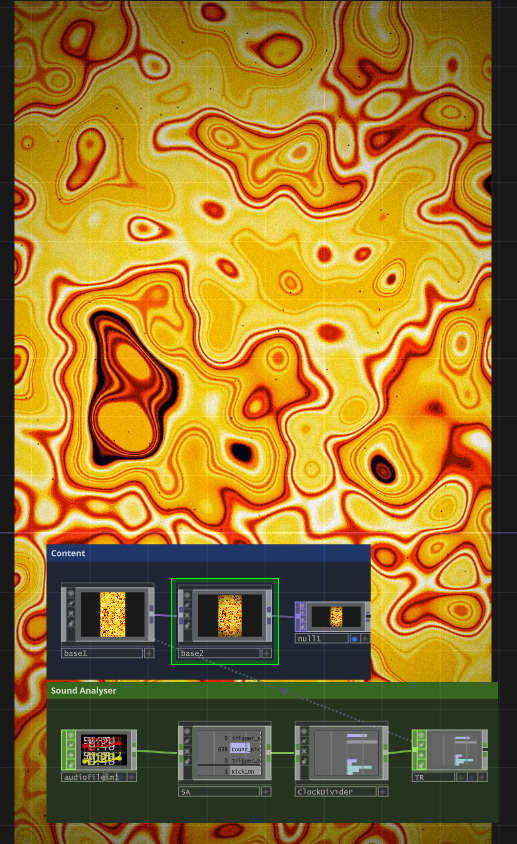
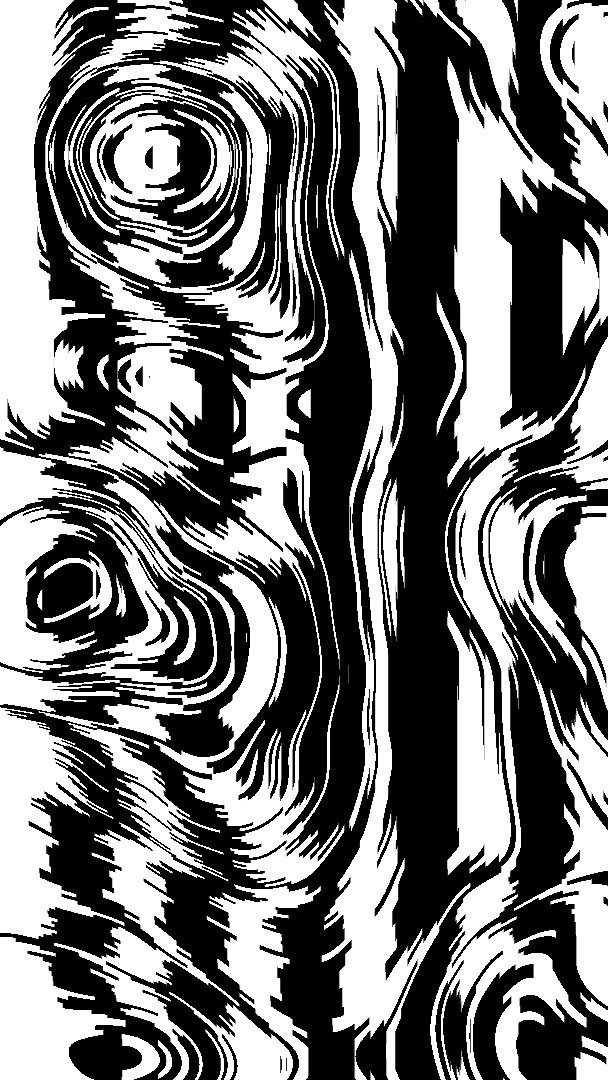
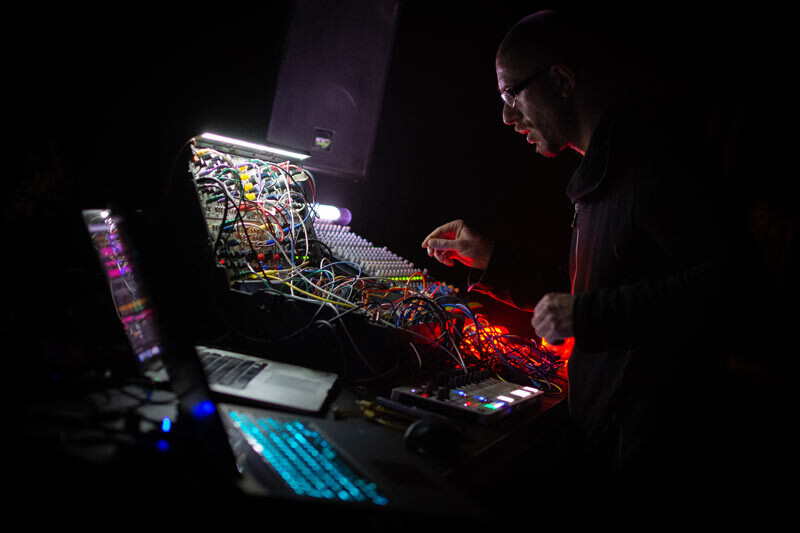

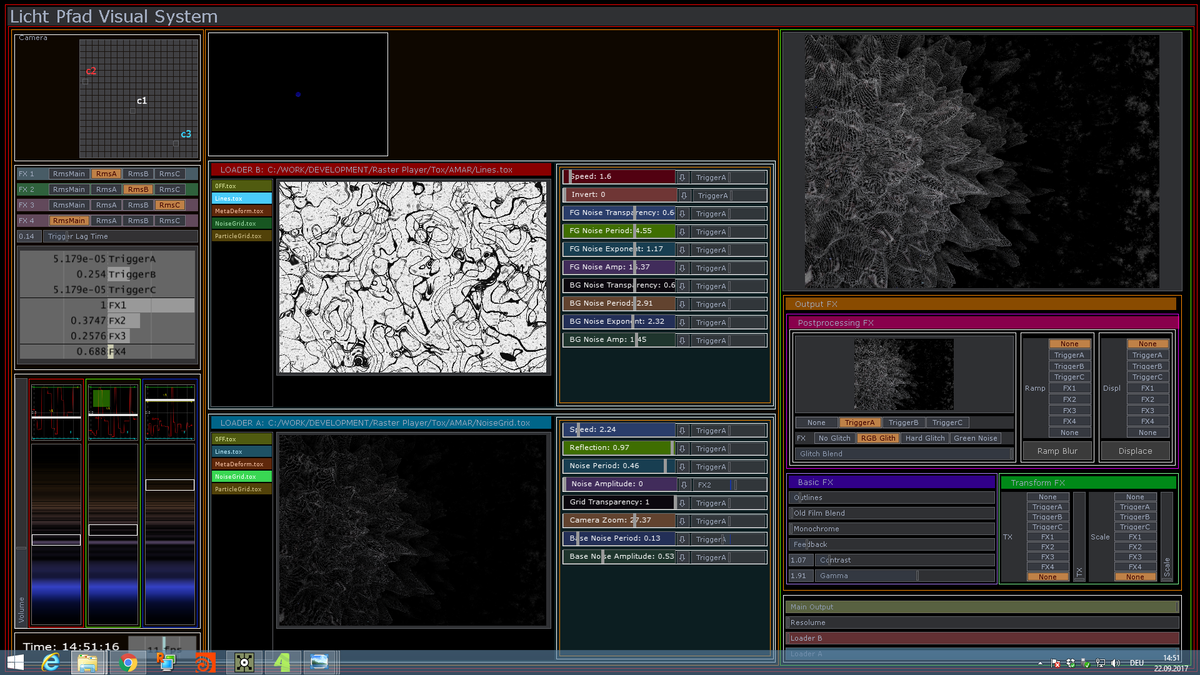
syllabus
Detailed course program:
outcomes from the course
Understanding of protocols and hardware / software synchronization methods
Basic principles of Modular Synthesis
How to build Sound, MIDI and CV utilities in TouchDesigner
Concept and build effective modular visual system
Build the interactive UI
How to make effective videoplayback system
Team
We are a team of professionals ready to help you throughout the journey. Besides an ample technical expertise, each of us has an individual style and a unique vision to share with you.
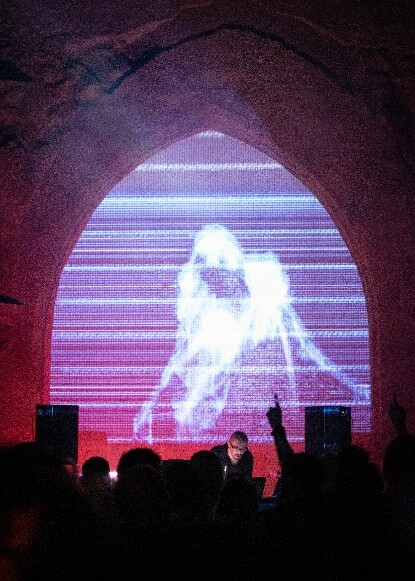
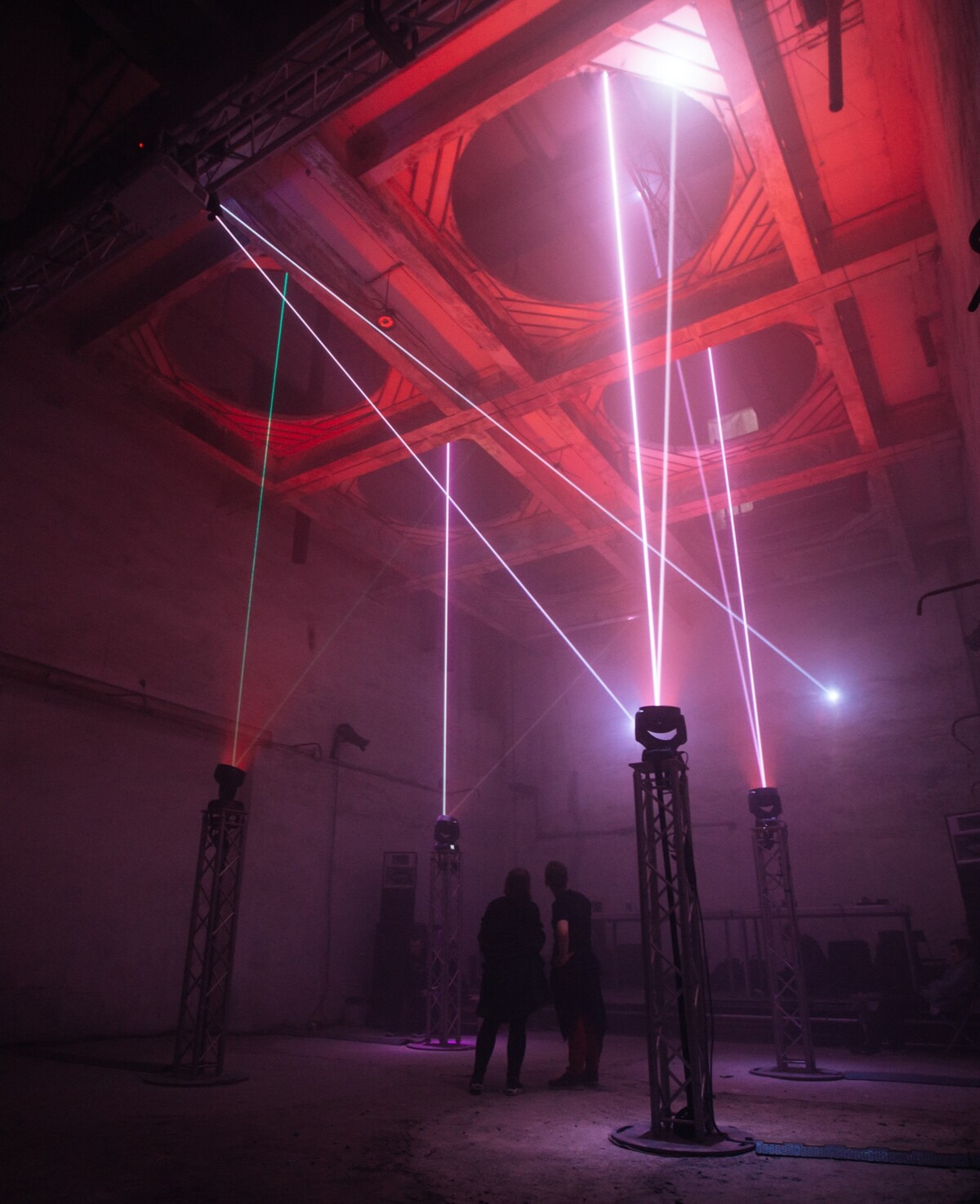
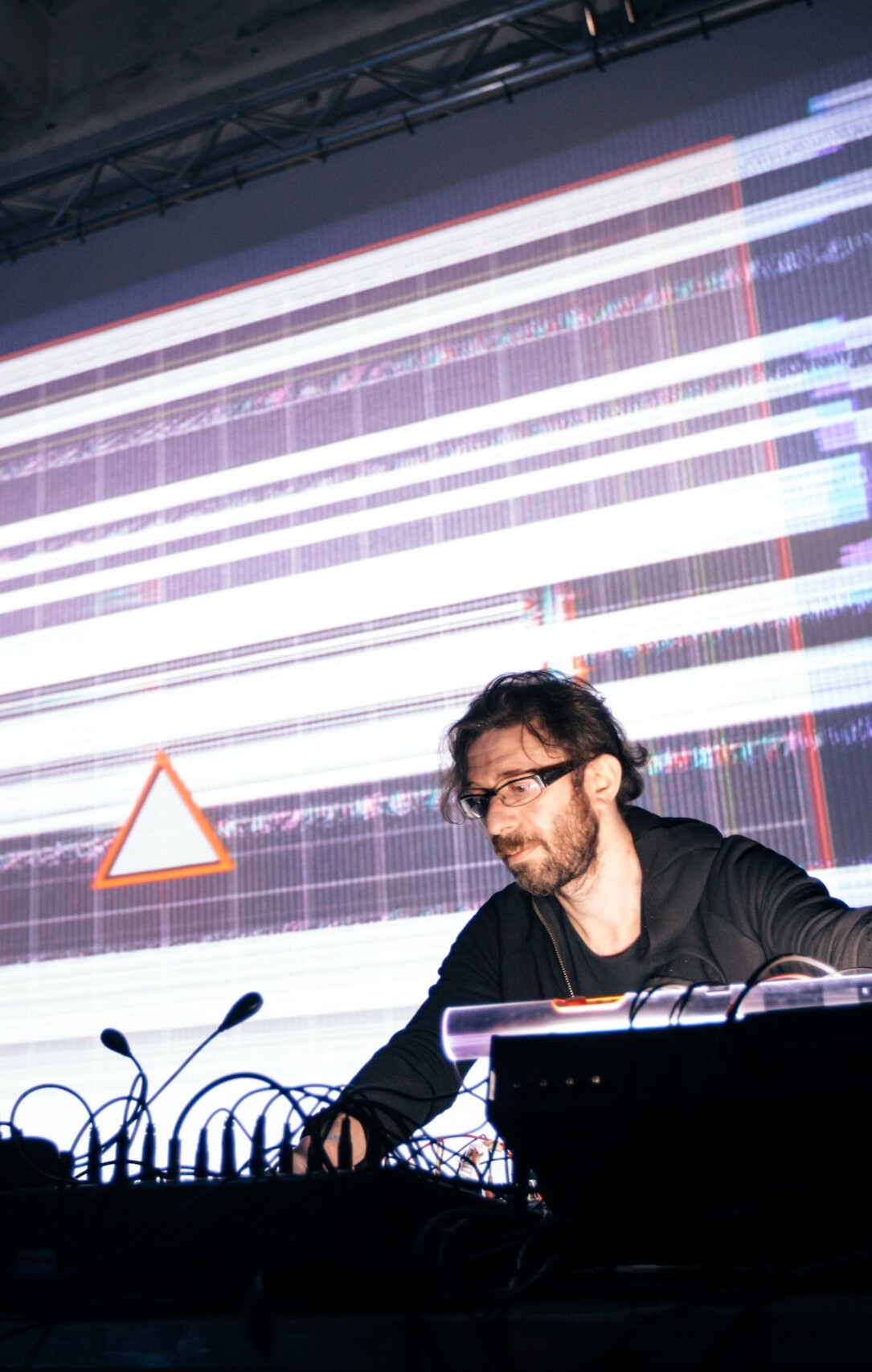
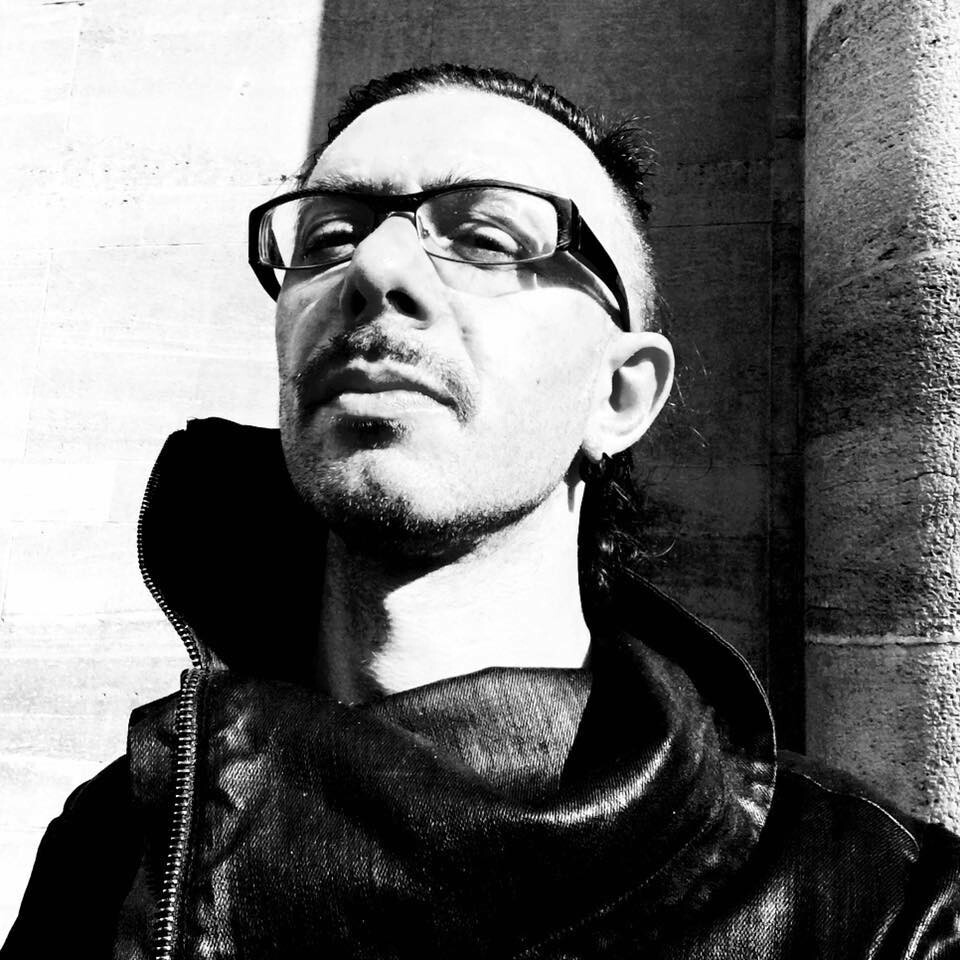
Instructor for TouchDesigner integration
STANISLAV GLAZOV
MEDIA ARTIST, EDUCATOR, COURSE AUTHOR
3D AND AUDIOVISUAL ARTIST WITH OVER 22 YEARS OF EXPERIENCE IN COMPUTER GRAPHICS AND 20 YEARS OF TEACHING EXPERIENCE
For more than 20 years, he has worked in light and visual art, seeking innovative opportunities where art and technology intersect. His installations and AV performances explore themes such as inner and social freedom, consciousness, identity, and loneliness in the modern world, using high-tech techniques.
Driven by his desire to create unforgettable experiences that inspire, he takes an individualized approach to each work, creating unique algorithms and synchronizing sound with visuals and digital shapes. He is also known for producing music with modular synthesizers and analog devices, influenced by industrial music, which combines noise, disharmony, and shamanism to take listeners on an intense emotional journey.
In 2013, he created his own generative design studio Licht.Pfad.
Creation of AV Performances in partnership with Dasha Rush, Robert Lippok
Performances at all the iconic festivals of the planet: Berlin Atonal, Mutek Montreal, Ars Electronica Linz, Unsound Festival in Krakow, Raster-Noton night in Berghain, Barbican London, Resonance Festival in Tokyo, Mira Festival Barcelona, L.E.V. Festival, Light Festival Lyon
Since 2016 - working on theater projects with Maxim Didenko, including the creation of media servers for various performances
385€
Got any questions left? We are happy to help! } } } } } } } } }
hou2touch 2025 (c)
go up ^ License Agreement go up ^ License Agreement RU Privacy Policy



